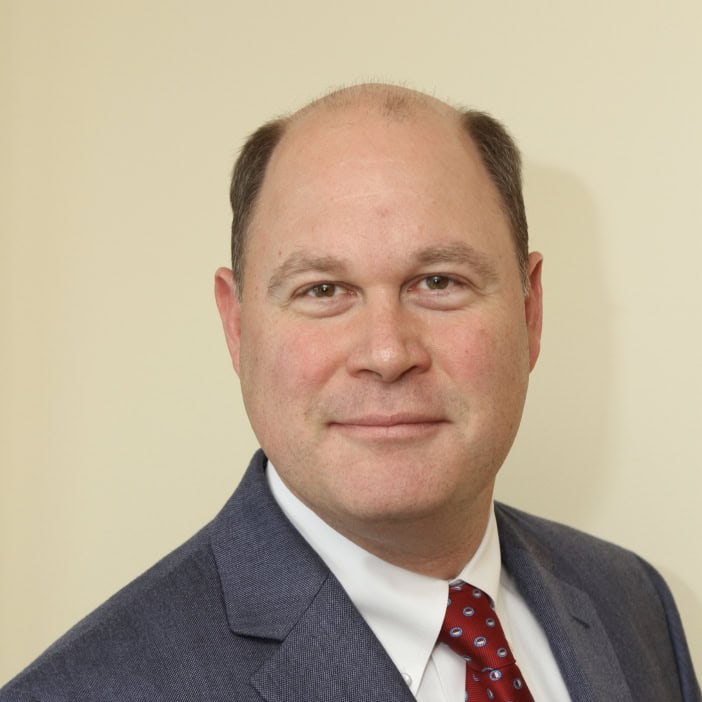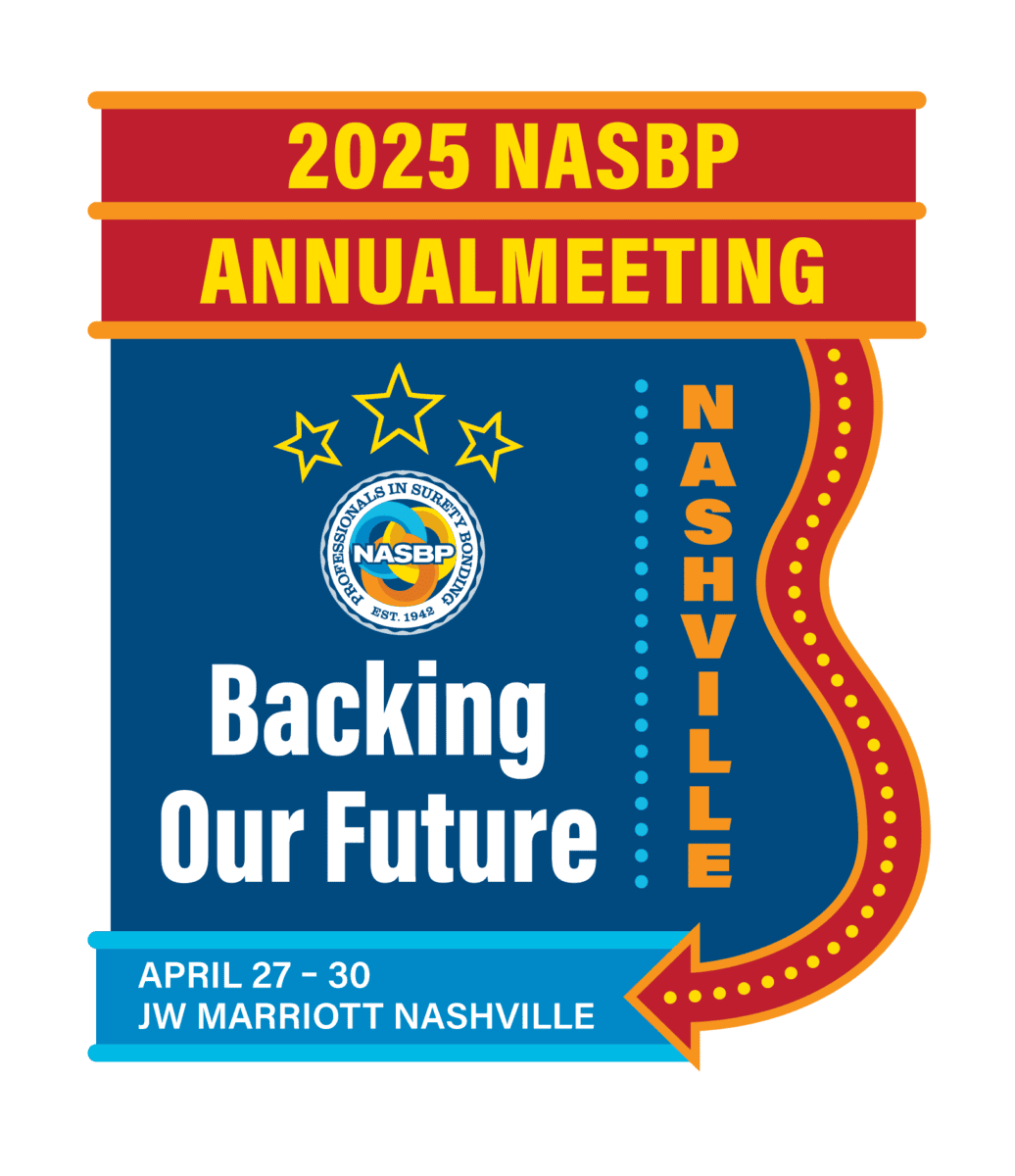 Teddy Roosevelt and Abe Lincoln. |
 & Infrastructure Committee members. |
 U.S.Reps. Drew Ferguson (R-GA-3rd) (left) and Alan Lowenthal (D-CA-47th) (right). |
 |
 the west lawn of the U.S. Capitol. |
 NM poses with his daughter Isabella. |
 morning to Family Day Breakfast attendees. |
 addresses attendees. |
 Shannon Crawford,with the Racing Presidents. |
 |
 Legislative Director for U.S. Rep. John Faso (R-NY 19th). |
 |
 |
 |
 children Nikolai and Amelie and the Racing Presidents. |
 |
 |
 next year on June 5 and 6. |
Infrastructure Week/NASBP Fly-in: Great Timing
The week of June 5 was designated as National Infrastructure Week, which happened to coincide with NASBP’s Annual Legislative Fly-in. See pictures below and in the NASBP President’s column. Investing in our nation’s infrastructure is viewed as the one issue all Americans firmly believe should be a priority of the U.S. Congress and the Administration. A recently released poll by the Value of Water Campaign for Infrastructure Week, found that 67 percent of those surveyed said rebuilding America’s infrastructure should be an extremely or very important focus for Washington. NASBP Fly-in attendees, who visited nearly 50 congressional offices, were asked to raise such issues as understanding the role the federal Miller Act plays in protecting project owners, subcontractors, and suppliers in the event the prime contractor fails to perform. Public-private partnerships (P3s) are at the forefront as an alternative project delivery method to expand infrastructure development. While P3s are a different delivery method to procure construction, surety bonds should be included in the same fashion as other public works projects. The Administration has proposed spending $1 trillion specifically using $200 billion in federal funding and an additional $800 billion from the private sector, which includes P3 agreements. While there has been great debate on both sides of the aisle in support of or opposition to P3s, NASBP Fly-in attendees’ message was that even though P3s may be managed by a private entity, the project will eventually become an asset of the public, after the P3 agreement has been fulfilled, and bonds should secured for the construction portion of the agreement.
The morning of the Fly-in began with five members from the House Transportation & Infrastructure Committee, which included: Representatives Rodney Davis (R-IL 13th), Drew Ferguson (R-GA 3rd), Alan Lowenthal (D-CA 47th), Scott Perry (R-PA 4th), and Garret Graves (R-LA 6th) addressing the possibility of an infrastructure spending bill. Marshall Macomber, President of ThinkP3, whose clients include NASBP, facilitated the active panel discussion. Among the questions asked were, “Of the four principles put forth in the President’s 2018 Budget on Infrastructure which do you believe offers the best opportunity to achieve success in rebuilding our nation’s infrastructure?” All the panelists seemed to agree that, of the four principles, the principle of encouraging self-help in order for states/localities to move toward a model of independence and the principle of leveraging the private sector to provide valuable benefits for the delivery of infrastructure through alternative delivery methods such as P3s should be used to its fullest potential. One of the questions, which seemed to be difficult for the panelists to answer, was “How does the federal government pay for $1 trillion infrastructure spending package.” While the raising the gas tax seems to be always a safe answer, lawmakers seemed to agree that Congress can’t afford not to find the necessary funds needed to address the country’s ailing infrastructure.
NASBP Fly-in attendees asked the House offices they visited to support H.R. 2101, legislation introduced by Representative Mark Amodei (R-NV 2nd), which repeals the Federal Election Commission’s (FEC) rule that requires corporate trade associations to obtain written prior approval/authorization before they may directly solicit their members for a PAC contribution. H.R. 2101 was referred to the House Administration Committee. Specifically, Fly-in attendees asked their House members who serve on the Administration or Appropriations Committees to consider co-sponsoring H.R. 2101. The goal is to include H.R. 2101 in the FY 2018 Financial Services and General Government spending bill. NASBP continues to work with the Prior Approval Reform Coalition (PARC), a coalition that includes some of NASBP’s closest construction trade partners to repeal the FEC’s prior approval requirement. PARC believes the FEC rule is inequitable and restricts First Amendment rights. Furthermore, no other class of political action committee, including corporate, labor union and individual membership association PACs, is subject to the prior approval requirement. We will continue to keep the membership informed on this important legislation.
For the first time, NASBP organized a Family Day the day before the scheduled Hill visits. See pictures below which reveal the surprise visit at breakfast from the Nationals baseball team’s two Racing Presidents Abe Lincoln and Teddy Roosevelt. The breakfast was followed by being “deputized” before touring the U.S.Capitol and then a pizza lunch. Attendees had the remainder of the day to visit the DC sites, which were provided in their registration packets.
News on Capitol Hill
The House Small Business Committee marked up several bills on June 15, including H.R. 2594, “The Small Business Payment for Performance Act,” which requires federal agencies to make interim partial payments to their construction prime contractors for unilateral changes in contract performance directed by the federal agencies. These reforms will help small business construction contractors and subcontractors shoulder the financial burden of unilateral agency changes to a contract. The legislation is supported by the Construction Procurement Industry Coalition, which includes NASBP’s construction industry friends, such as AIA, ACEC, AGC, ASA, DBIA, NECA, and SFAA. NASBP and SFAA submitted a support letter to House Small Business Chair Steve Chabot (R-OH 1st) and Ranking Member Nydia Velázquez (D-NY 7th) concerning H.R. 2594.
Get Important Surety Industry News & Info
Keep up with the latest industry news and NASBP programs, events, and activities by subscribing to NASBP Smartbrief.




